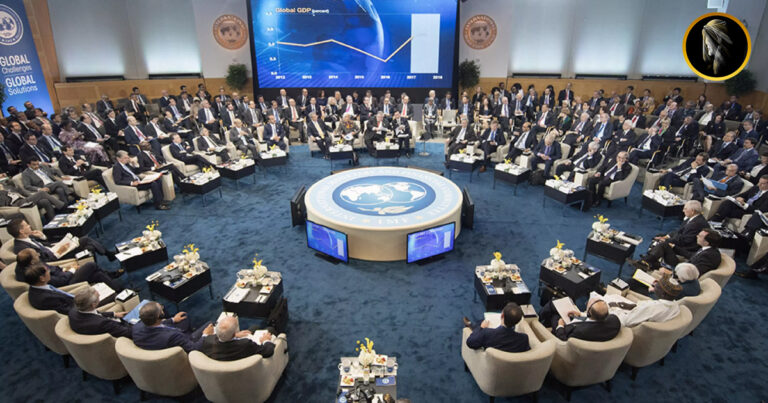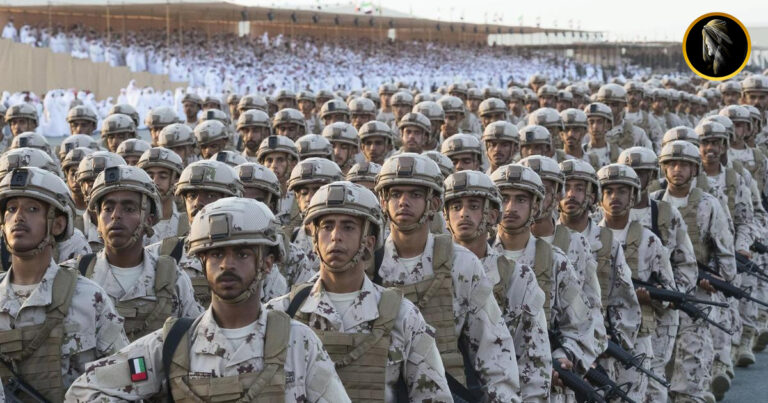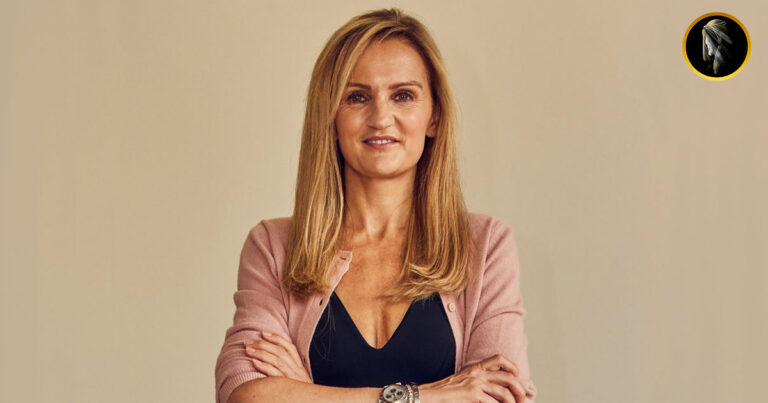Why do people, even those who you’d expect to speak out, often remain silent about abuse, especially in their industries? Natasha De Souza, who has experience in the Pakistani music and entertainment sectors, discusses this topic on her podcast and shares her own experiences. Please note that this article contains mentions of sexual harassment, assault, and rape.
Natasha De Souza recently started a podcast called “Spirit & Sexuality,” aiming to create a safe and supportive space for healing. In her first episode, titled “From Trauma To Truth,” she bravely recounts a traumatic experience of being sexually assaulted about 15 years ago, though she initially hesitates to use the term “assault.” It’s essential to recognize that any non-consensual physical contact can be considered sexual assault.
You might remember Natasha De Souza from her participation in the second season of Coke Studio in 2009, where she provided backing vocals for popular songs like ‘Aik Alif’ and ‘Jalpari.’ However, her career in Pakistan’s media industry came to an unfortunate end due to her disturbing encounters.
She recalls one early incident when she was asked to attend an audition at a hotel. To her shock, the person conducting the audition tried to lock her in the room when her friend stepped out. De Souza managed to prevent this by threatening to scream and was fortunate to have her friend return in time. She reported this incident to her friends who arranged the audition, but they dismissed it by saying, “It’s not like he raped you,” illustrating how society often downplays safety concerns.
De Souza also lodged a complaint with the agency that held the audition, but her concerns were not taken seriously. Her experience highlights why survivors of sexual abuse often choose not to come forward. They may not be believed, told it wasn’t that bad, or even face backlash.
On her podcast, De Souza also discusses another incident where a colleague groped her on a bus during a shoot in Thar. She reflects on her initial hesitation to react, feeling angry with herself for not speaking up immediately. However, over time, she realized that the shame should belong to the perpetrator, not the victim.
De Souza raises a critical question: “Why did you think it was okay to touch a woman without her consent?” She acknowledges the lack of a reliable legal system in Pakistan to protect those who come forward, and the entire society’s complicity in further traumatizing survivors when their cases become public.
In Pakistan, sexual harassment is a pervasive issue, and survivors face a double burden: enduring the assault itself and enduring public condemnation if they report it. The only options seem to be silence or reporting and facing blame for the assault.
Barrister-at-Law Ms. Naz Toosy outlines the laws regarding sexual harassment, highlighting that both civil and criminal complaints can be made, with civil complaints typically heard confidentially and criminal complaints going through court hearings.
Unfortunately, pursuing one’s dreams or even just living life in Pakistan may come at a high price. There seems to be no surefire way to avoid sexual assault, even within the confines of one’s home. High-profile individuals often escape accountability through court orders and social influence.
While speaking up may not always yield the desired results, encouraging survivors to share their stories without victim-blaming or body-shaming is a crucial first step in addressing this issue.






